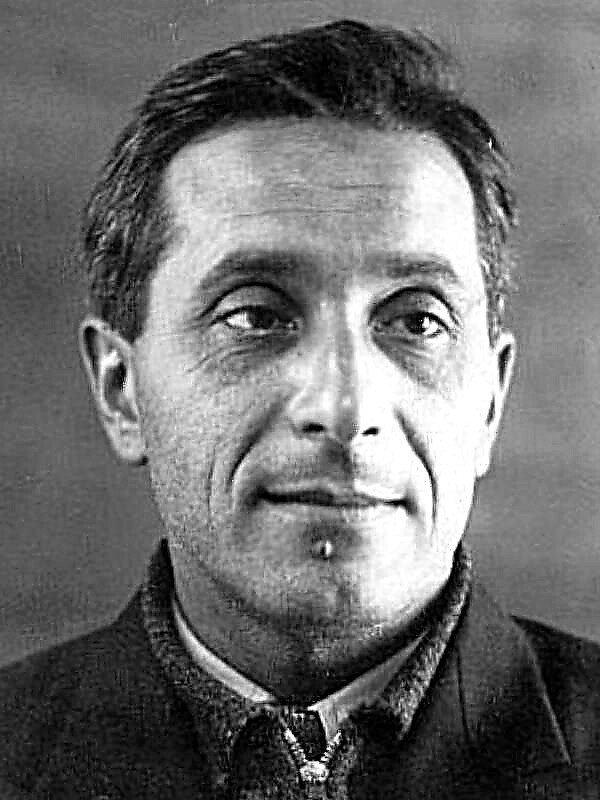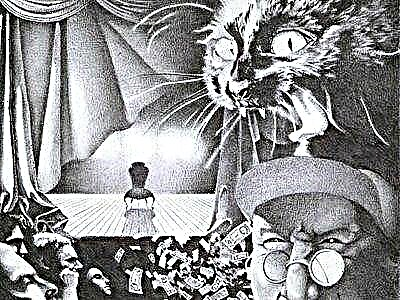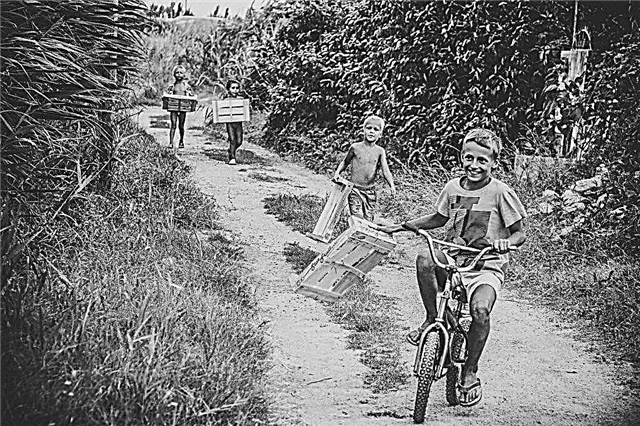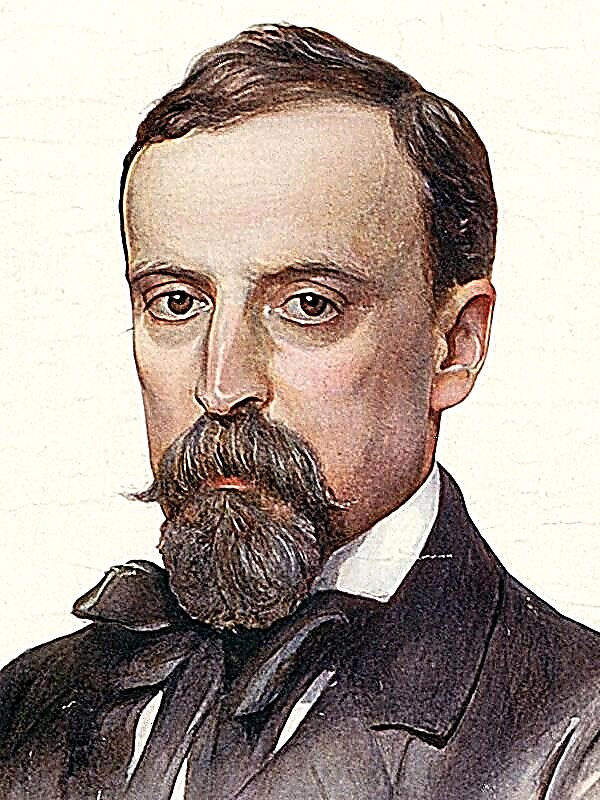(425 words) I think that a person cultivate kindness in himself, having gone through several vital stages. First, he must learn to recognize the rights of others as his own. Secondly, he should accept the need for understanding and responsiveness in the modern world. Thirdly, he needs to stop blaming society or the state for global troubles and try not to judge the perpetrators, but to correct their mistakes, helping the victims. These are the stages of a person's growing up, and she can acquire nobility and generosity only by going through them. To prove this, I will give literary examples.
In A. Solzhenitsyn’s story “Matrenin Dvor” there is a heroine who was famous for her selfless kindness. But the righteous was not always such, she also wanted personal happiness and did not really think about the state of the whole village. However, life's upheavals (loss of a beloved man, forced marriage, hunger and poverty of wartime) made her realize that all people have the same rights, so you can’t put your aspirations (love marriage) over the needs of others (the need of the Thaddeus family is “in the hands” ) She also realized the need for responsiveness, because one person can not cope with the hardships of war, but the whole village can endure any test. And, of course, Matryona did not grumble, blaming power and enemies in her grief, he understood that this was pointless. The woman simply took upon herself the responsibility to help those who suffer the same way as she does. And from her good deeds there was more sense than from all gossip. Thus, having gone through all the stages of growing up, the heroine cultivated kindness in herself: she worked selflessly, helping fellow villagers, took the birth of someone else's child, and even gave part of her home to this girl.
Another example was described by F. M. Dostoevsky in the novel Crime and Punishment. Sonya was also an ordinary teenager, until she faced the harsh realities of life. Knowing hunger and poverty, she ceased to feel sorry for herself, as she saw that small children and a sick woman with consumption were suffering around her. The girl realized the importance of responsiveness, because only she could save a dying family. And finally, Sonya meekly carried her cross, did not blame the government and the evil rock, although, of course, she had the moral right to do so. Then no benefits were paid to the poor, in fact they were thrown to the mercy of fate. But the heroine took over the care of her stepmother, her children and father, helping with the act, and not aggravating the situation with barren grumbling. Having gone through all the stages of moral maturation, she cultivated kindness in herself: she fed and supported her family at the cost of her shame, helped Raskolnikov accept the blame and not go crazy, and then even went to penal servitude with him.
Thus, it is possible to cultivate kindness, but at the cost of a lot of internal work. For this, it is necessary to adequately go through all the stages of moral growth, realizing the need for responsiveness, nobility and generosity in society and accepting responsibility for everything that happens in the world.












